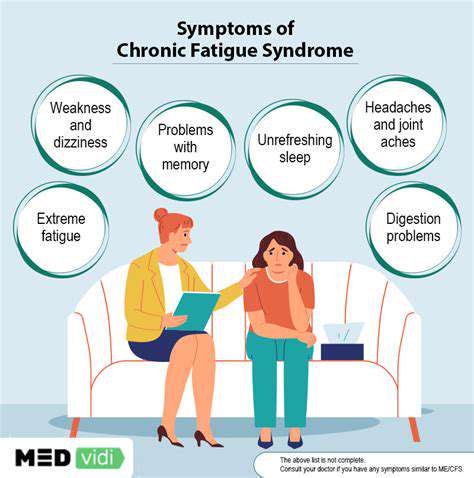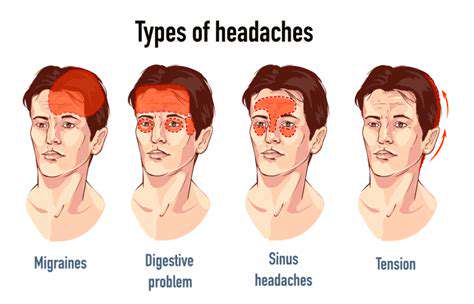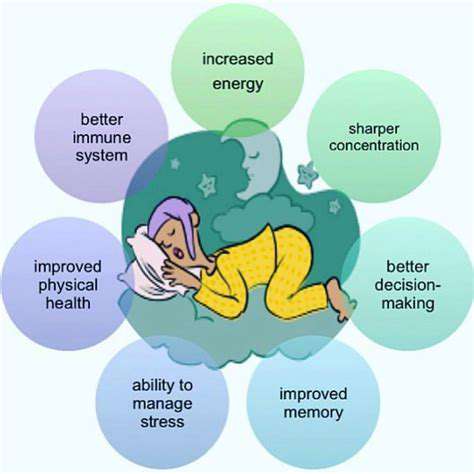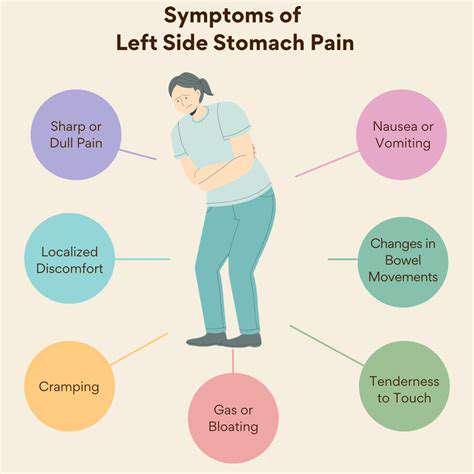Common Symptoms of Chronic Fatigue Syndrome: What You Need to Know
Main Symptoms of Chronic Fatigue Syndrome

Understanding Fatigue in Chronic Fatigue Syndrome
Fatigue is one of the hallmark symptoms of Chronic Fatigue Syndrome (CFS). People suffering from CFS experience an overwhelming sense of tiredness that does not improve with rest. This fatigue can significantly impact daily activities, making even simple tasks feel daunting.
One key characteristic of this fatigue is its persistence; it often lasts for six months or more. Additionally, many individuals report that their fatigue is exacerbated by physical or mental exertion, a phenomenon known as post-exertional malaise. This malaise can leave individuals feeling severely drained for days following even minor activities.
It's important to note that the fatigue associated with CFS is not the same as typical tiredness. Those affected often describe it as a deep, debilitating exhaustion that feels different from the fatigue resulting from ordinary exertion or stress.
Moreover, fatigue in CFS can be accompanied by other cognitive difficulties, leading to further distress. This impairment can affect memory, concentration, and the ability to think clearly, often referred to as "brain fog."
Recognizing and acknowledging this unique type of fatigue is essential for proper diagnosis and management of CFS.
Sleep Disturbances in CFS
Sleep problems are prevalent among those diagnosed with Chronic Fatigue Syndrome. Even when they receive adequate sleep, individuals often do not feel refreshed upon waking. This lack of restorative sleep can further contribute to fatigue and overall health decline.
There are various types of sleep disturbances reported, including difficulty falling asleep, staying asleep, and experiencing non-restorative sleep. Many patients describe waking up frequently throughout the night or feeling restless and uncomfortable, which can perpetuate their feeling of exhaustion.
In addition to disrupted sleep patterns, some individuals may experience sleep disorders such as sleep apnea or restless leg syndrome. These conditions can further complicate the sleep experience and worsen fatigue.
Effective management of sleep disturbances is critical for those suffering from CFS. Treatment options may include cognitive behavioral therapy, sleep hygiene practices, and in some cases, medication.
Improving sleep quality can substantially impact a person's overall health and well-being, alleviating some of the fatigue associated with CFS.
Other Common Symptoms Associated with CFS
In addition to fatigue and sleep disturbances, Chronic Fatigue Syndrome is associated with a range of other symptoms that can be debilitating. Commonly reported symptoms include muscle pain, joint pain, and headaches, which can vary in intensity.
Patients frequently express that the pain felt is not attributed to any other medical condition, making it unique to CFS. This pain can be widespread and may also involve tender points in the body, exacerbating the feelings of exhaustion and frustration.
Cognitive impairment is another significant symptom, often manifesting as difficulty focusing, remembering, or processing information. This “brain fog” can severely impact daily functioning, leading to challenges in work and social interactions.
Additionally, individuals with CFS may experience changes in mood, leading to feelings of depression, anxiety, and irritability. Managing these emotional effects is crucial, as they can further complicate the experience of living with CFS.
Awareness of these symptoms can foster more compassionate support from friends, family, and healthcare providers, making a positive difference in the lives of those impacted.






